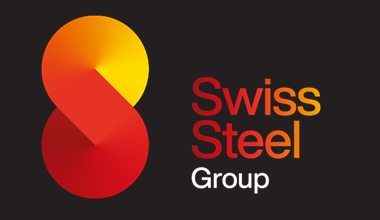
Swiss Steel reports 2023 loss on weak markets
The performance of Swiss Steel in 2023 was impacted by very weak market demand. Revenues fell by 20% year-on-year to €3.24 billion ($3.52 billion).
Revenues decreased across all major geographical markets, Kallanish hears from the maker of special bar. The revenue generated in its main market, Germany, which accounts for around one third, decreased by 22% to €1.10 billion. In addition, customers destocked their inventories, and increased imports further exacerbated demand weakness, the group notes. Required minimum plant utilisation was not sustained at all major production sites
This led to a decline in sales volume of 17% to 1.375 million tonnes, while the fall in the average sales price of SBQ steels was relatively mild, at -3%, to €2,363/t. The group notes that input prices for scrap sort 2/8, which is particularly important for its production, were down 18% from 2022.
The Engineering Steel Division, Swiss Steel’s largest division in terms of sales volume (75%), was particularly affected by the weak demand from automotive production and the contractions in the mechanical and plant engineering sectors. The sales volume here was down 17.5 % y-o-y at 1.03m tonnes. Stainless steels made 17%, or 239,000t, of the company’s sales, and tool steels 8%, or 104,000t.
In addition, the performance was impacted by multiple one-time effects. This included significantly decreasing spot prices for electricity and gas in combination with declining raw material prices resulting in significant inventory valuation losses. Extraordinary costs were also caused by layoffs, with the headcount reduced by 11% to 8,812 staff, including 251 employees from the divestment of Eastern European sales and distribution entities.
The adjusted Ebitda fell from €217m to a loss of €41m tonnes, the net loss came to €295m, following a net profit of €9m in 2022.
Christian Koehl Germany

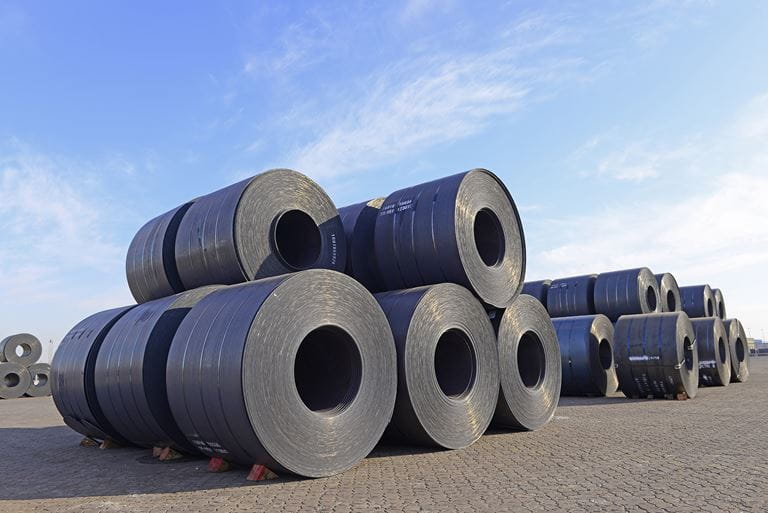
EU market participants call for production cuts to support HRC prices
Market sources said production cuts are needed to prevent further price drops in the European hot-rolled coil market as demand remained subdued March 18.
“Mills must correct the market announcing real cut in production and firm prices,” a trader source said.
Market participants are unwilling to buy domestic HRC at current levels and expect prices to bottom out further.
“Mills have to reduce capacities heavily to stop further drop of the prices,” a distributor source said. “There is no bottom price at all now.”
Tradable values domestic HRC in Northwest Europe were reported at Eur680-690/mt ex-works Ruhr, with the majority of data heard at Eur680/mt ex-works Ruhr.
Platts assessed the price of domestic HRC in Northwest Europe down Eur5/mt on the day at Eur680/mt ex-works Ruhr March 18.
In Southern Europe, tradable values for domestic HRC were reported at Eur650-670/mt ex-works Italy.
Platts assessed the domestic price of HRC in South Europe down Eur5/mt on the day at Eur660/mt ex-works Italy March 18.
Market participants were awaiting clarity on safeguard quotas for imported HRC, and as a result, import activity remained low.
In Southern Europe, offers for Vietnam and India-origin imported HRC were heard at Eur600/mt CIF Italy for May shipment and June delivery.
Author Devbrat Saha, devbrat.saha@spglobal.
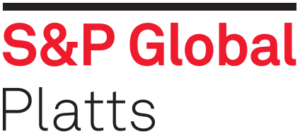

European HRC prices continue trending lower; buyers claim output cuts needed
[CHECK PRICE]
https://dashboard.fastmarkets.com/p/MB-STE-0028
The index was down by €10.33 per tonne week on week and by €43.13 per tonne month on month.
Offers for HRC in Northern Europe were heard in the range of €700-710 per tonne ex-works. Compared to late February, when hot-rolled coil was offered at €730-750 per tonne ex-works, this is a decrease of €30-40 per tonne.
But these lower offers did not stimulate trading, and no major deals were heard in the market.
“Buyers prefer to live ‘hand-to-mouth’ and do not stockpile [HRC],” a German trader said.
Fastmarkets sources estimated the tradable market level to be in the range of €670-690 per tonne ex-works.
“Demand is very low because buyers wait for the ‘rock bottom’ of HRC prices,” a buyer source told Fastmarkets.
The buyer source added that only small tonnages of 100-200 tonnes were traded in the spot market, but there was no restocking.
A second buyer source told Fastmarkets that mills were still expected to cut output, but there was no official information from steel producers in that regard.
“This is the only option for the mills. Further price reduction makes no sense because the result will be lower prices, but customers will still not be motivated to buy,” the second buyer source added.
But other market sources pointed out that such a decision would not have an immediate effect on the market, because it takes some time to idle a blast-furnace. Besides, a few mills have just restarted some capacity in January and February.
In early 2024, several European steelmakers restarted blast furnaces that were idled in late 2023.
In Southern Europe, Fastmarkets’ corresponding daily steel HRC index, domestic, exw Italy was calculated at €670 per tonne on Monday, down by €1.67 per tonne from €671.67 per tonne on March 15.
[CHECK PRICE]
https://dashboard.fastmarkets.com/p/MB-STE-0892
The index was down by €5 per tonne week on week and by €60.83 per tonne month on month.
Offers for HRC in Italy were heard at €690 per tonne delivered, which nets back to about €680 per tonne ex-works.
Market participants estimated the tradable market level in the range of €660-670 per tonne ex-works.
Offers of imported material remained limited in the European market.
From Asian suppliers, HRC offers for June-July arrival were reported at €580-600 per tonne CFR.
May-shipment HRC from India was offered to Italy at €600 per tonne CFR.
Some bids for Asian HRC in Italy were heard at €550 per tonne CFR.
No fresh deals have been reported on Monday.
“Both domestic and import [HRC] prices are declining, so buyers prefer to wait,” a buyer in Italy said.
“Besides, there are high chances that some quotas might be quickly exceeded, and duties will be applied, so that also limited demand for imported coil,” he added.


Ørsted to source first lower-emission plate from Dillinger
Wind farm operator Ørsted intends to procure lower-emission heavy-plate steel for offshore wind foundations from Dillinger (Hütte).
The German platemaker notes that the memorandum of understanding signed between the two companies will support its efforts in this field, and the optionality to deliver on expected future costumer demands.
Ørsted will be offered the first production of lower-emission steel from Dillinger, subject to availability and commercial terms and conditions. The plates form a part of the offshore wind monopile foundations and are intended to be used for future projects. According to Dillinger, the reduction of the process-related carbon emissions from production is expected to be around 55-60% compared to conventional heavy plate steel production.
Germany’s other big platemaker, Salzgitter’s Ilsenburg works, is currently in negotiations for a similar purpose, with Siemens Gamesa for the projected “Greener Tower” brand, its executives told Kallanish last week.
Christian Koehl Germany


Higher prices, cheaper energy to boost USSK earnings
Higher steel prices and lower energy costs, as well as management cost improvements are projected to drive better first-quarter Ebitda at US Steel Kosice (USSK) versus Q4 2023, says parent company US Steel.
In Q4, USSK saw lower average realised prices and product mix versus Q3; however, iron ore and coal costs were also lower.
In 2023, although USSK shipments rose 4% on-year to 3.9 million net tons, net sales fell 17% to $3.55 billion, while Ebitda was down 81% to $98m (see Kallanish passim).
Despite the lower sales in 2023, USSK’s merchant semi-finished steel sales rose 63% on-year to $168 million, US Steel’s annual report reveals. Of the main products, the largest fall in revenue came from cold rolled sheet, which saw sales drop 30% to $269m.
Of the main customer segments, shipments to construction rose 25% to 1.3mnt. Deliveries to steel service centres, and transportation and automotive each rose slightly to 848,000nt and 636,000nt respectively. However, deliveries to containers and packaging, and appliances and electrical equipment fell 26% and 24% respectively to 312,000nt and 172,000nt.
Adam Smith Poland


JSW Italy mulls EAF in Piombino: sources
JSW Italy may build an electric arc furnace in Piombino, as well as revamp the rail mill, sources close to the matter tell Kallanish.
Italy’s Ministry of Enterprises and Made in Italy (MIMT) signed this month a memorandum of understanding with JSW Steel to relaunch part of the troubled long steel facility in Piombino for an investment of €143 million ($155m).
JSW is vowing to double the Piombino rail mill capacity to 600,000 tonnes/year (see Kallanish 15 March). Part of its future investment is to build head hardening equipment and a tandem mill, with the aim of producing longer rails of 120 meters. The mill currently produces rails up to 108m, a source confirms.
The EAF project, still at a very early stage of development, may happen in a second phase. Due to the EU’s CBAM regulation, from 2026 the Piombino mill will not be able to import blooms from India and will be forced to produce them in-house. “Thanks to the revamp, JSW will be able to produce longer rails and intercept the large €1 billion order from the national railway company, Rete Ferroviaria Italiana (RFI). RFI is said to be ready to guarantee the order to JSW,” one source comments.
Last year, production at the Piombino rail mill was often disrupted due to delays in semis deliveries from JSW plants in India, but also amid weak orders. However, “there is no crisis in the rail market, but the €140m revamp is necessary to produce grades to reach certain EU nations where extreme cold or heat requires slightly different grades,” another source explains.
The rail mill is now idle for a week because of the late delivery of a vessel of semi-finished products from India. When Piombino’s rail capacity increases, an EAF to produce blooms will be necessary to guarantee constant and steady procurement of feedstock for rail production, particularly in view of the RFI order, the source argues.
In 2023, the mill is said to have produced approximately 20,000 t/month on average for about ten months, but this figure is unconfirmed by the company. MIMT minister Adolfo Urso, who visited the Piombino facility last week, said he expects the final binding agreement with JSW for the rail mill revamp to be signed by the summer.
JSW Steel is the $23 billion flagship business of the JSW Group. Its current capacity stands at 29.7 million t/y, but the company plans to increase this to 38.5m t/y by March 2025.
In Piombino, the steelmaker produces rails, bars and wire rod. At present, only the rail mill is operating, with 1,354 workers laid off until January 2025. The rail mill represents about 400 workers, a union source confirms. JSW did not respond to Kallanish request for comment.
Natalia Capra France


ArcelorMittal leads H2 project in Spain
Spain has officially begun its programme for the construction of a pilot plant that will test the use of hydrogen in industrial processes, Kallanish notes. The public-private project called Hydrogen Hub Asturias (H2Asturias) is led by ArcelorMittal.
The facility, which is located at the steelmaker’s gas laboratory (GasLab) in the Gijón plant, has a furnace with a power of 1.2 megawatts.
“This project involves the generation of H2 at low temperatures from renewable energy, as well as its use in the industrial sector to reduce emissions and as a chemical agent,” explains Cristina Lausín, senior scientist green energies and CO2 at ArcelorMittal Global R&D Spain, who is heading the project.
The investment is valued at €6.6 million ($7.18m) and includes all stages of the hydrogen value chain, from its generation, storage and transportation, until its use, either as a reducing agent or as an alternative fuel to natural gas.
Todor Kirkov Bulgaria


Solar components import misdeclaration hurts Spanish economy: Unesid
Spanish steelmakers’ association Unesid says the domestic economy lost €55 million ($59.8m) in 2023 as a result of the impact of Chinese-origin solar components imports being misdeclared as steel tubes and profiles.
“Some importers declare these products as solar components to circumvent EU regulations for steel imports, just because they have some perforations,” says Unesid general director Andrés Barceló. “This misclassification causes serious damage to the market and local economy.” Duty paid on tubes and profiles amounts to 25% when import quotas are exceeded, Kallanish notes.
Chinese-origin entries of the products for the photovoltaic energy sector reached 119,807 tonnes in 2023. This volume was almost 55,000t more on-year, Spanish Tax Agency trade data show. From the total, almost 61,000t were imported for below €1,100/tonne, a price more similar to that of steel tubes than to solar power system components, Unesid observes.
Spain is massively investing in sustainable energy projects to meet EU decarbonisation objectives. The country was the second-largest after Germany in the EU in solar panel installed capacity last year. Spain’s target is to have 65GW capacity in 2030, which will require around 100,000 tonnes/year of pipe, tube and profiles.
“This strong investment could generate great added value locally since we have the industry with the capacity to provide this material competitively. Therefore, it is essential that these materials coming from outside the EU pay safeguard duties following the provisions of customs regulations,” Barceló concludes.
Todor Kirkov Bulgaria

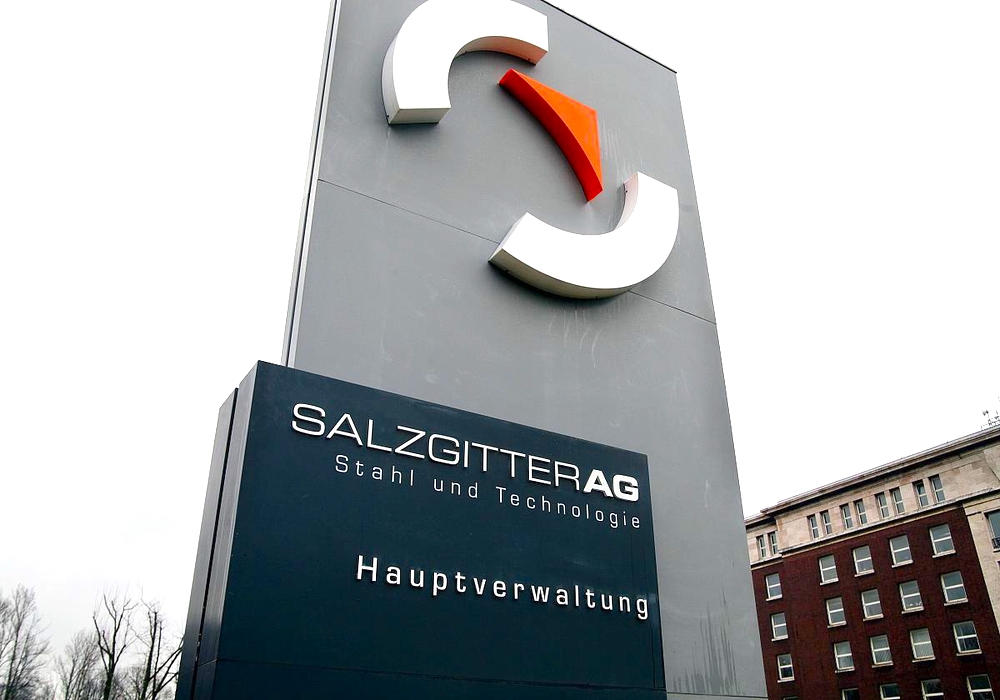
Salzgitter sees better outlook for plate than beams
Salzgitter is testing new fields of application for its heavy plate business, chief executive Gunnar Groebler said at the company’s annual press conference last week.
The company has introduced the term “Secure” for the relatively new target segment of applications in which plate products are used for defence or protection. “We are currently in the accreditation process for the national armed forces, which is quite a long process, as you can imagine,” Groebler said. Apart from such big tenders, Salzgitter is already selling its “Secure” brand to private customers.
In addition to that, the company sees new potential in wind towers, after recently achieving pre-qualification for the “Greener Tower” campaign by Siemens Energy/Gamesa, for towers produced with CO2-reduced steels.
In its annual report, the company speaks of changed order patterns, with orders coming in at short notice, with a greater degree of flexibility and shorter delivery times. Last year, demand for quarto plate kept slowing into the second half of the year. Market prices mirrored these developments with a downtrend through to the end of the third quarter. In a year-on-year comparison, quarto plate prices dropped by around 10% in 2023, depending on the grade, Salzgitter says.
For the company’s beams production, Groebler’s tone was less upbeat. “The current utilisation of the Peine mill is okay, but last year it was not,” he told Kallanish during the conference, without giving figures. He suggested that the company cannot be happy with the market prices achieved for beams, and that it wishes for “some signal for [better] prices for Peine”. Salzgitter sells beams mainly to construction, which has been in recession in Germany since last year.
Christian Koehl Germany

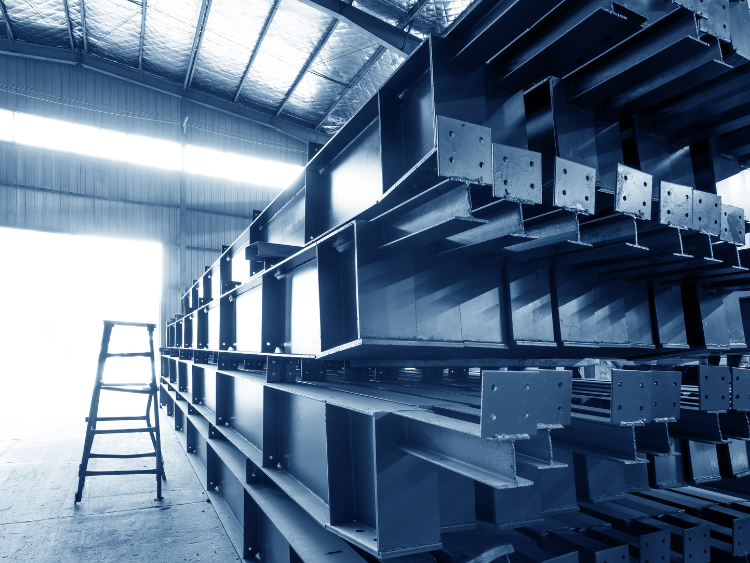
Weak Italian long products consumption deteriorates further
Italian long steel demand continues to drag as weak consumption is deteriorating further. Sellers are reporting low-tonnage sales and there are no expectations for restocking this month. Weakening on-month prices are impacting margins throughout the value chain, Kallanish notes.
Merchant bar sales are being concluded for very low volumes each week. Italian domestic merchant bar prices are hovering at €300-310/tonne ($326-337) base delivered, a €10/t decline compared to last month. Including size extras, prices are at €720-730/t, sources suggest. Domestic sales are however being challenged by imported material offered from other EU countries at about €270-280/t delivered.
Italian rebar values are also declining to €300-310/t base ex-works, or €560-570/t including size extras, affected by low consumption, while the first category of beams stands at €770-780/t ex-works, mostly stable on-week. Sellers also report weak demand for beams with no forecasts of improvement this month. Cheaper sections offers from other EU countries are also dragging down domestic prices, sources say.
Natalia Capra France


